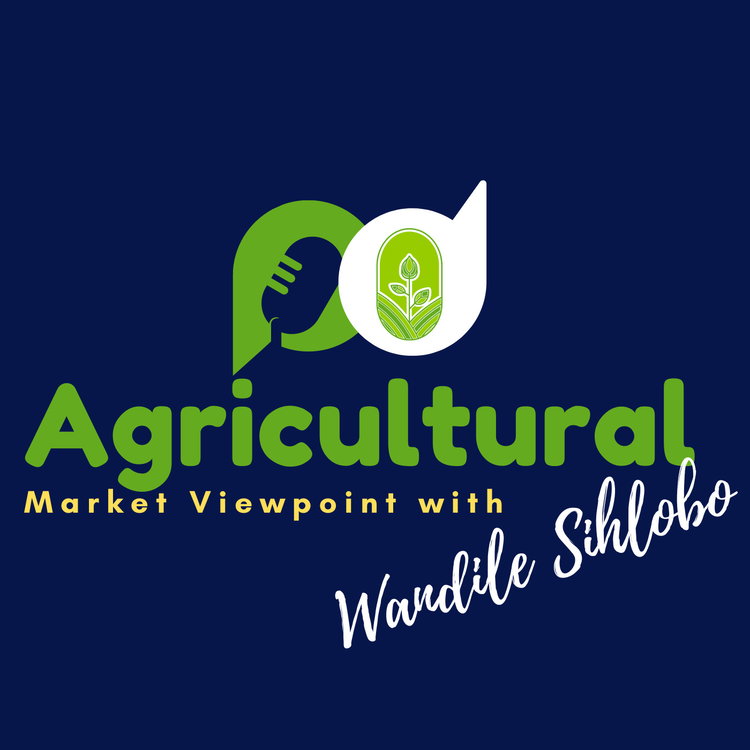
SA farm jobs up
Loading player...
The solid production conditions in South Africa's agricultural sector continue to be reflected in the employment data. For example, the data released today by Statistics South Africa showed that in the third quarter of 2023, about 956 000 people were employed in primary agriculture, up 10% year-on-year (and 7% quarter-on-quarter). This is well above the long-term agricultural employment of 793 000.
From a regional perspective, the Western Cape, Eastern Cape, Northern Cape, KwaZulu-Natal, North West and Gauteng significantly drove this uptick in sectoral employment. Meanwhile, the Free State, Mpumalanga and Limpopo saw declining jobs.
As with the previous quarter, the robust production conditions of various field crops, forestry and aquaculture were behind the improvement in agricultural jobs in the third quarter.
Meanwhile, the livestock industry registered a decline, which is unsurprising as the industry is confronted by various animal diseases such as foot-and-mouth, avian influenza and African swine fever. Moreover, we saw a notable decline in the game industry and production of organic fertilizer facilities.
Overall, this notable improvement in employment in the third quarter is unsurprising as South Africa has a robust field crop and horticulture harvest following favourable rainfall and farmers' strategic interventions to adapt to load-shedding interruptions.
We discuss more in this week's podcast segment.
My writing on agricultural economic matters is available on my blog: https://wandilesihlobo.com/
Podcast production by: Lwandiso Gwarubana, Richard Humphries, and Sam Mkokeli
From a regional perspective, the Western Cape, Eastern Cape, Northern Cape, KwaZulu-Natal, North West and Gauteng significantly drove this uptick in sectoral employment. Meanwhile, the Free State, Mpumalanga and Limpopo saw declining jobs.
As with the previous quarter, the robust production conditions of various field crops, forestry and aquaculture were behind the improvement in agricultural jobs in the third quarter.
Meanwhile, the livestock industry registered a decline, which is unsurprising as the industry is confronted by various animal diseases such as foot-and-mouth, avian influenza and African swine fever. Moreover, we saw a notable decline in the game industry and production of organic fertilizer facilities.
Overall, this notable improvement in employment in the third quarter is unsurprising as South Africa has a robust field crop and horticulture harvest following favourable rainfall and farmers' strategic interventions to adapt to load-shedding interruptions.
We discuss more in this week's podcast segment.
My writing on agricultural economic matters is available on my blog: https://wandilesihlobo.com/
Podcast production by: Lwandiso Gwarubana, Richard Humphries, and Sam Mkokeli

